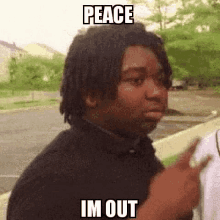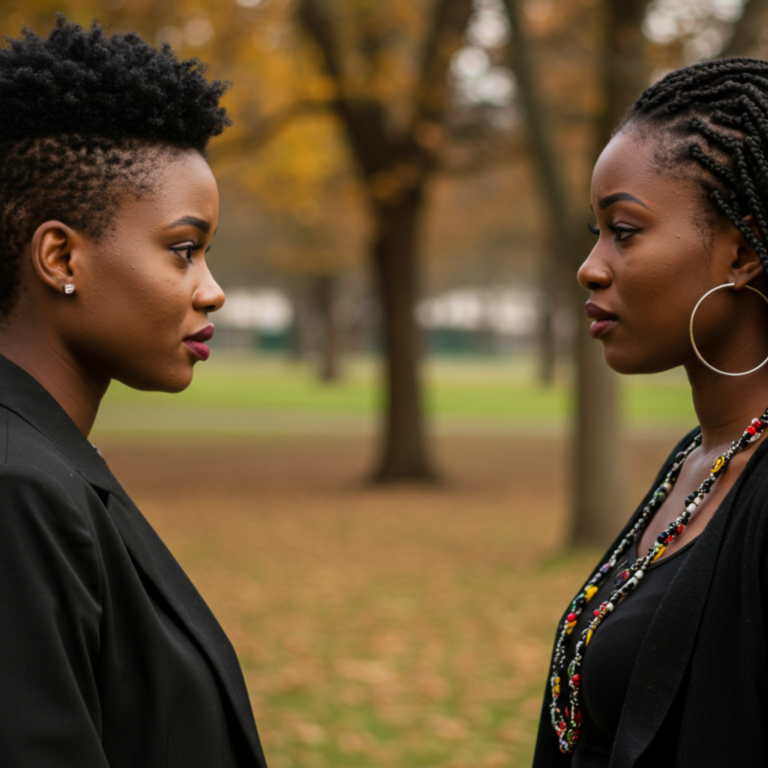On March 1, 2023, the Independent Nigeria Electoral Commission (INEC) announced the results of the keenly-contested February 25 presidential election, declaring Bola Ahmed Tinubu as the new Nigerian President. Subsequently, he was sworn in as President on May 29, 2023.
But this didn’t mark the end of the election process.
What happened?
Nigerian elections are usually fierce contests, but no election since the country’s return to democracy in 1999 was as close as the 2023 cycle. Three favourites emerged in the months leading to the polls: Peter Obi of the Labour Party, Atiku Abubakar of the People’s Democratic Party and eventual winner, Bola Ahmed Tinubu of the APC.
While Tinubu’s 8,794 726 votes were enough to be victorious at the polls, it was the smallest win margin by any Nigerian President since 1999. Atiku Abubakar and Peter Obi followed relatively closely at 6,984 520 and 6,101 533 votes, respectively.
This wasn’t the most significant bone of contention, though. The election was also allegedly marred by violence, voter intimidation, harassment and other irregularities, begging one question: Can the legitimacy of the results be trusted?
Following INEC’s declaration, various calls emerged to invalidate the results, accusing the electoral body of multiple electoral irregularities. Since May 2023, three political parties — Labour Party (LP), People’s Democratic Party (PDP) and Allied People’s Movement (APM) — have contested the INEC results that declared Tinubu president, basically telling the tribunal to evict Tinubu from Aso Rock.
Here’s what to know about the petitions
On March 21, 2023, four presidential candidates from four political parties lodged different suits with the election tribunal, seeking to nullify the results.
Labour Party (LP)
The party believes the new President and vice were not qualified to contest the election, referencing Tinubu’s alleged involvement in narcotics and his running mate, Shettima’s nomination, while being the Borno Central constituency’s senatorial candidate. Also, President Tinubu didn’t get 25% of the votes in the FCT, which according to the Labour Party, should have stopped INEC from declaring him the election winner.
The petition prays the tribunal to order a return to the polls where Tinubu and Shetimma will not participate.
People’s Democratic Party (PDP)
PDP’s petition also asked the tribunal to dismiss the results of the presidential elections. They argue the invalidity of the results based on electoral irregularities during the process.
Allied People’s Movement (APM)
The petition noted that Shettima’s double nomination is against the provisions of the Nigerian constitution and electoral act.
Action Alliance (AA)
The party asked the tribunal to annul the election results because its candidate, Hamza Al-Mustapha, wasn’t allowed to contest by INEC.
AA subsequently withdrew its petition.

What will the tribunal ruling mean?
The tribunal announced it’ll deliver its ruling in Abuja on September 6, 2023. One of two things will happen: uphold the election results and confirm Tinubu as President, or cancel the election and order a rerun.
If the former happens, the petitioners can seek out the Supreme Court and appeal the judgement. According to the law, an appeal should be concluded within 60 days from the date of the tribunal judgement.
Whatever the Supreme Court decides is the final judgement. There is no other place to go from there.
Highlights From the Presidential Election Petition Tribunal Judgement
Allied Peoples Movement (APM)
Petition: The party noted that Tinubu’s running mate, Kashim Shettima, was a senatorial candidate at the time of his nomination, which, according to the provisions of the Nigerian Constitution and Electoral Act, is a case of double nomination.
The party asked the tribunal to void all the votes scored by the APC and announce PDP’s Atiku as the authentic winner of the election.
Judgement: Justice Haruna Tsammani cited the petition as “incompetent” and noted that the issues raised were pre-election matters outside the tribunal’s ruling. The election petition tribunal dismissed the APM’s case, noting that the party had no legal standing to file the motion.
Labour Party (LP)
Petition: The party’s candidate, Mr Peter Obi, sought to have Tinubu disqualified on the basis of an alleged pre-existing drug case in the U.S., making him unqualified to contest for the election.
The petition challenged his vice, Kashim Shettima’s nomination while being the Borno Central constituency’s senatorial candidate.
The petition also noted that Tinubu failed to secure 25% of votes in the FCT, so he shouldn’t have been declared the winner.
Judgement: Justice Abba-Bello Mohammed read the court’s judgement, throwing out Peter Obi’s petition to disqualify Tinubu based on a U.S. drug case. According to the court, the U.S. court fine, which led to a civil forfeiture of $460k, did not disqualify Tinubu from running for president of Nigeria.
The tribunal has also held that President Bola Tinubu and Vice President Kashim Shettima were qualified to have contested the last presidential election.
Peter Obi’s motion to cancel the election result based on manual transmission has also been dismissed. According to the tribunal, INEC can transmit election results how they see fit.
Obi’s last two motions to cancel the election results on allegations of overvoting and corrupt practices and the failure of Tinubu to secure 25% of votes in the FCT have also been dismissed by the tribunal.
All of Peter Obi’s motions have been dismissed in favour of Tinubu.
People’s Democratic Party (PDP)
Petition: The party sought the tribunal to dismiss the election results based on electoral irregularities, as well as allegations of Tinubu’s dual citizenship.
Judgement: Justice Boloukuoromo Ugo read the court’s judgement, throwing out all the motions filed in favour of Tinubu.
The tribunal made a unanimous decision
All five judge-members of the presidential election tribunal have unanimously affirmed Bola Tinubu as Nigeria’s validly-elected president. Justice Haruna Tsammani, in the lead judgement, held that none of the three petitioners was able to prove their allegations as contained in the petitions. They claimed the petitioners failed to provide credible evidence.
According to Justice Mistura Bolaji-Yusuf, “It is clear from the outset that the petitioners were engaging in wild goose chase and an inquisitorial adventure.”
Most of the exhibits and testimonies tendered by the petitioners were rejected based on “procedural blunders” and “technicalities”. The entire judgement ran for over 12 hours.
Is this the end of the road for the petitioners?
Far from it. The petitioners have the opportunity to file an appeal to the Supreme Court within 14 days to counter the tribunal’s judgement. It’ll likely be a long road ahead.




